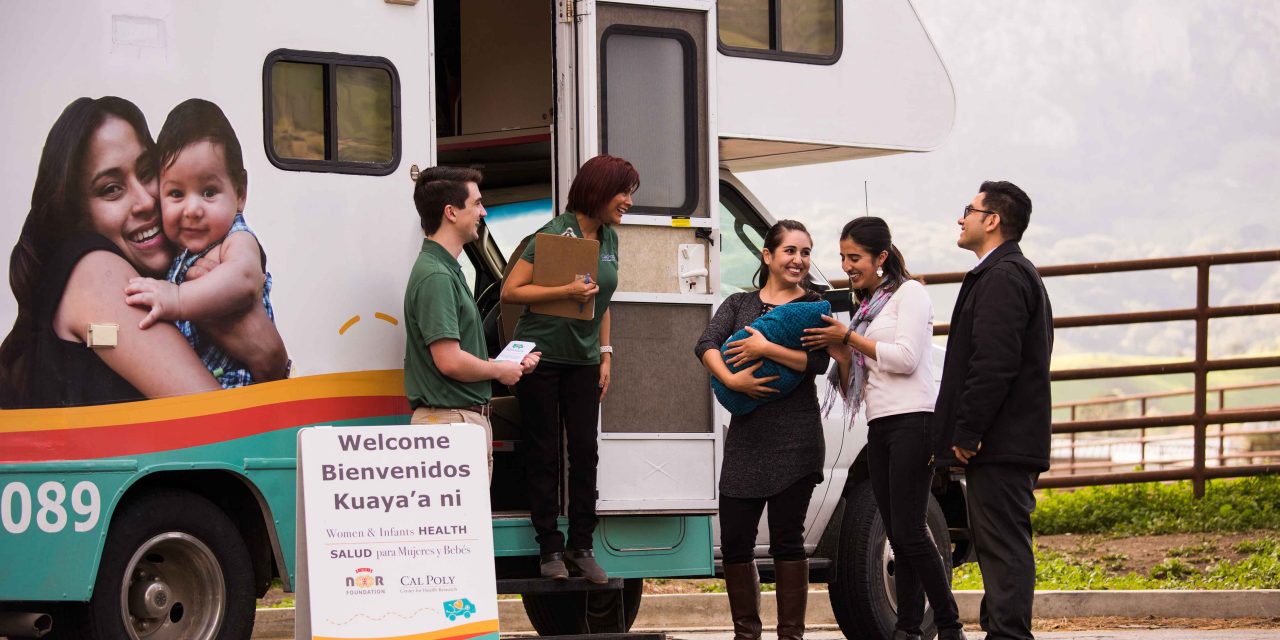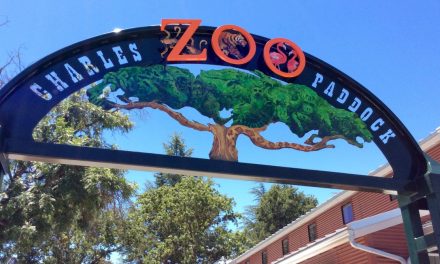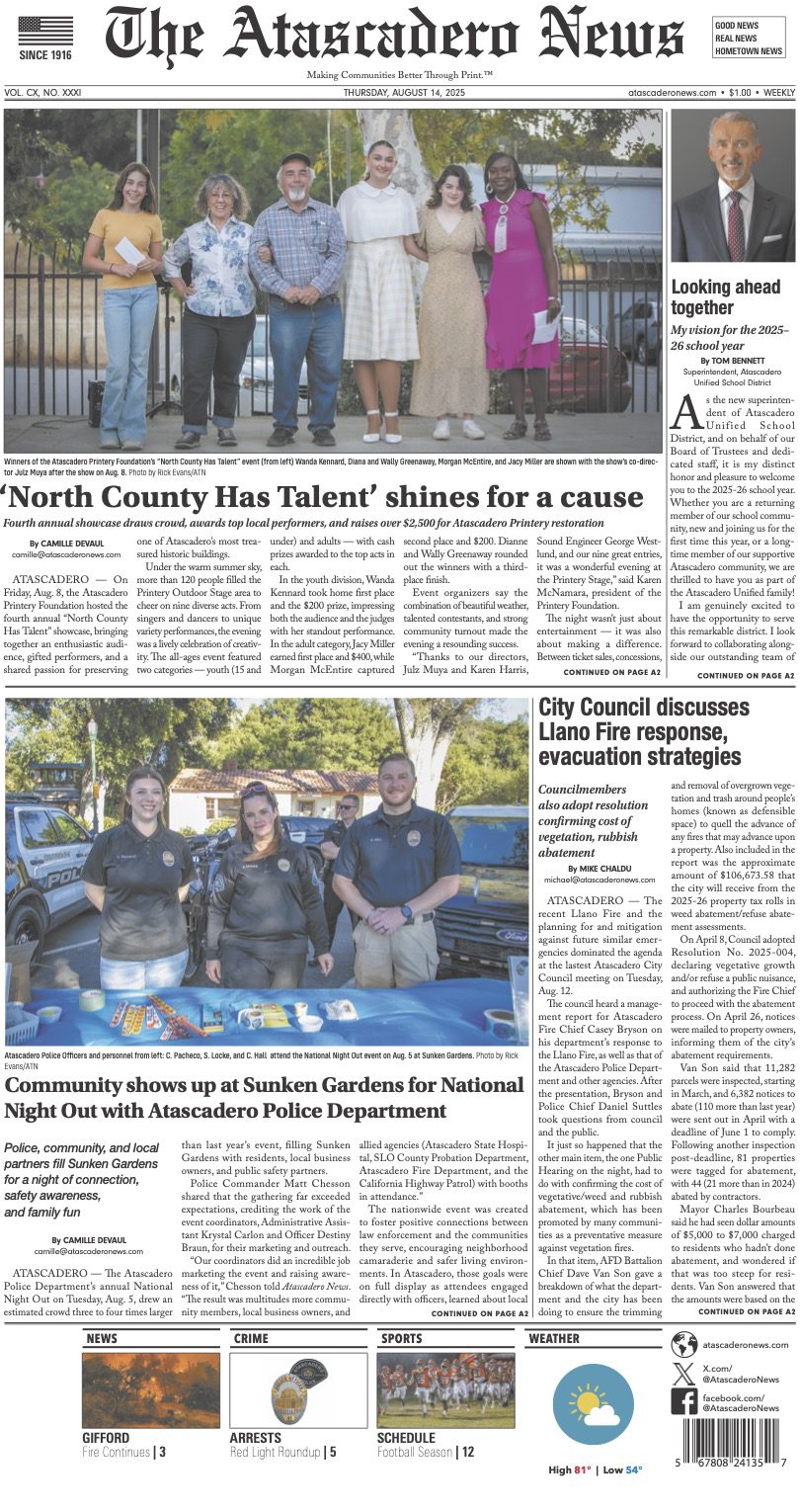SAN LUIS OBISPO — A group of Cal Poly faculty members aims to create the Cal Poly Institute for Community Health Training and Research to work with community partners to mobilize a social movement to improve community health and promote health equity in California and beyond.
The project, led by Professors Suzanne Phelan and Marilyn Tseng of the Center for Health Research and the Department of Kinesiology and Public Health, will include faculty from all six colleges at Cal Poly.
The program is inspired by the Jamkhed Comprehensive Rural Health Project, which was founded in 1970 in the Indian state of Maharashtra to bring healthcare to rural, low-income and marginalized citizens. Today, the Jamkhed CRHP provides services that impact 500,000 people in the state annually.
The Jamkhed Model includes working with community health advocates to identify and address health concerns within their communities, providing training to enhance advocacy skills, and providing evidence-based tools for community change. The plans for the Cal Poly project include a mobile health team to provide healthcare and connect the community with resources as well as a robust research and evaluation program to continually improve the program and inform its impact.
In its first year, the project will be piloted in a local community still to be determined, with students and community-nominated residents being trained to serve in the health advocate role. The research team will also be focused on evaluating its training programs and designing and expanding curriculum related to health advocacy and ambassadorship.
The Women and Infants Mobile Health Unit, a partnership between Cal Poly’s Center for Health Research and the SLO Noor Foundation, will also support the program through its healthcare and medical services offered to women and infants who lack access to care.
“Looking toward the future, we hope that this initiative and Cal Poly can serve as an example to other universities or communities that are interested in launching their own projects,” Phelan said.
“Reducing health inequities in our community is crucial, and the experience our students and community members will gain will be vital in this effort,” said Renee Reijo Pera, Cal Poly’s vice president for research and economic development.
The project is funded through the university’s Strategic Research Initiatives (SRI) program, a partnership including Academic Affairs, Research and Economic Development, and University Development. The SRI program identified proposals from Cal Poly faculty and staff that addressed problems facing the Central Coast, California, and the world, which also emphasized the role of undergraduate and graduate student research experiences. For more information about the SRI program, visit https://research.calpoly.edu/strategic-research-initiatives.















